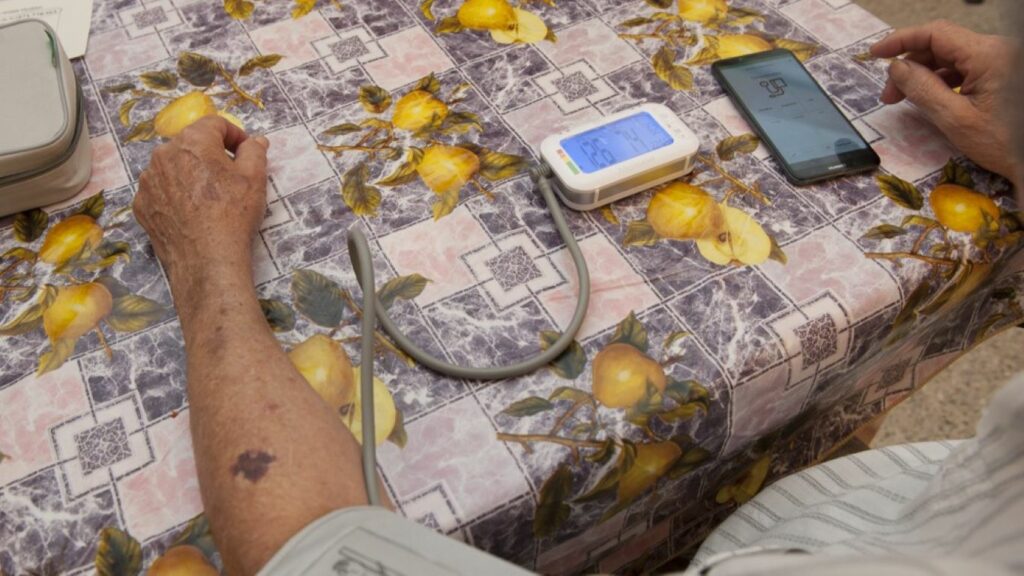This study has been carried out by the IDIBELL Cardiovascular Diseases Research Group (BIOHEART), in the research line on health outcomes, and has been published in the scientific journal PLOS ONE. The study compared the evolution of 123 patients discharged between January and August 2017 (just before the program was launched) and 317 patients discharged between September 2017 and January 2019 (with the already well-established program). For this study, patients with a higher risk of relapse were selected.
The data analysis reflected that the combined index of readmissions and deaths was significantly better in the second group of patients than in the first, both at 90 and 180 days. In the second group, a reduction in adverse events, hospitalizations for heart failure and cardiovascular disease, and mortality from all causes was detected. The Community Heart Failure Program team is made up of doctors and nurses from the Multidisciplinary Community Heart Failure Care Unit (UMICO) of the Bellvitge University Hospital and the Primary Care of L’Hospitalet and Prat de Llobregat.
Its daily activity is led and developed by nursing professionals. The program is based on improving access to care, continuity of care, optimization of treatments and patient education. It begins with a comprehensive psychosocial and clinical assessment of the patient to decide on an individualized follow-up plan. From here, they start a seven-step protocol consisting of a holistic and intensive intervention lasting 3 to 6 months that alternates face-to-face visits and telematic contacts (by phone and video conference). This intervention is aimed at educating and empowering the patient in self-care, prescribing pharmacological and non-pharmacological treatments based on the recommendations of clinical practice guidelines, deepening the etiological study of heart failure when necessary, and identifying and early treatment of comorbidities and decompensations.
The patient’s follow-up period can be extended if the goals have not been reached in the preset time. Nurses who apply the protocol have several support tools at their disposal to manage their interventions autonomously, and they also count on the doctors support if necessary. Heart failure is a chronic syndrome with a very negative impact on the mortality, morbidity and quality of life of the population and one of the fundamental causes of hospital readmission, especially during the weeks and months immediately following a first hospital discharge.
According to Dr. Josep Comin, the program promoter, leader of the Cardiovascular Diseases Research Group (BIOHEART) of IDIBELL and head of the Cardiology Service at Bellvitge Hospital, the results of this study “are relevant because they confirm the benefits potential of community programs beyond the thirty-day barrier“. According to him, these results “give more reasons for these programs to be applied everywhere, so that optimal care can be offered to patients in their most vulnerable phase, which is right after hospital discharge“.
The Bellvitge Biomedical Research Institute (IDIBELL) is a biomedical research center created in 2004. It is participated by the Bellvitge University Hospital and the Viladecans Hospital of the Catalan Institute of Health, the Catalan Institute of Oncology, the University of Barcelona and the City Council of L’Hospitalet de Llobregat.
IDIBELL is a member of the Campus of International Excellence of the University of Barcelona HUBc and is part of the CERCA institution of the Generalitat de Catalunya. In 2009 it became one of the first five Spanish research centers accredited as a health research institute by the Carlos III Health Institute. In addition, it is part of the “HR Excellence in Research” program of the European Union and is a member of EATRIS and REGIC. Since 2018, IDIBELL has been an Accredited Center of the AECC Scientific Foundation (FCAECC).

